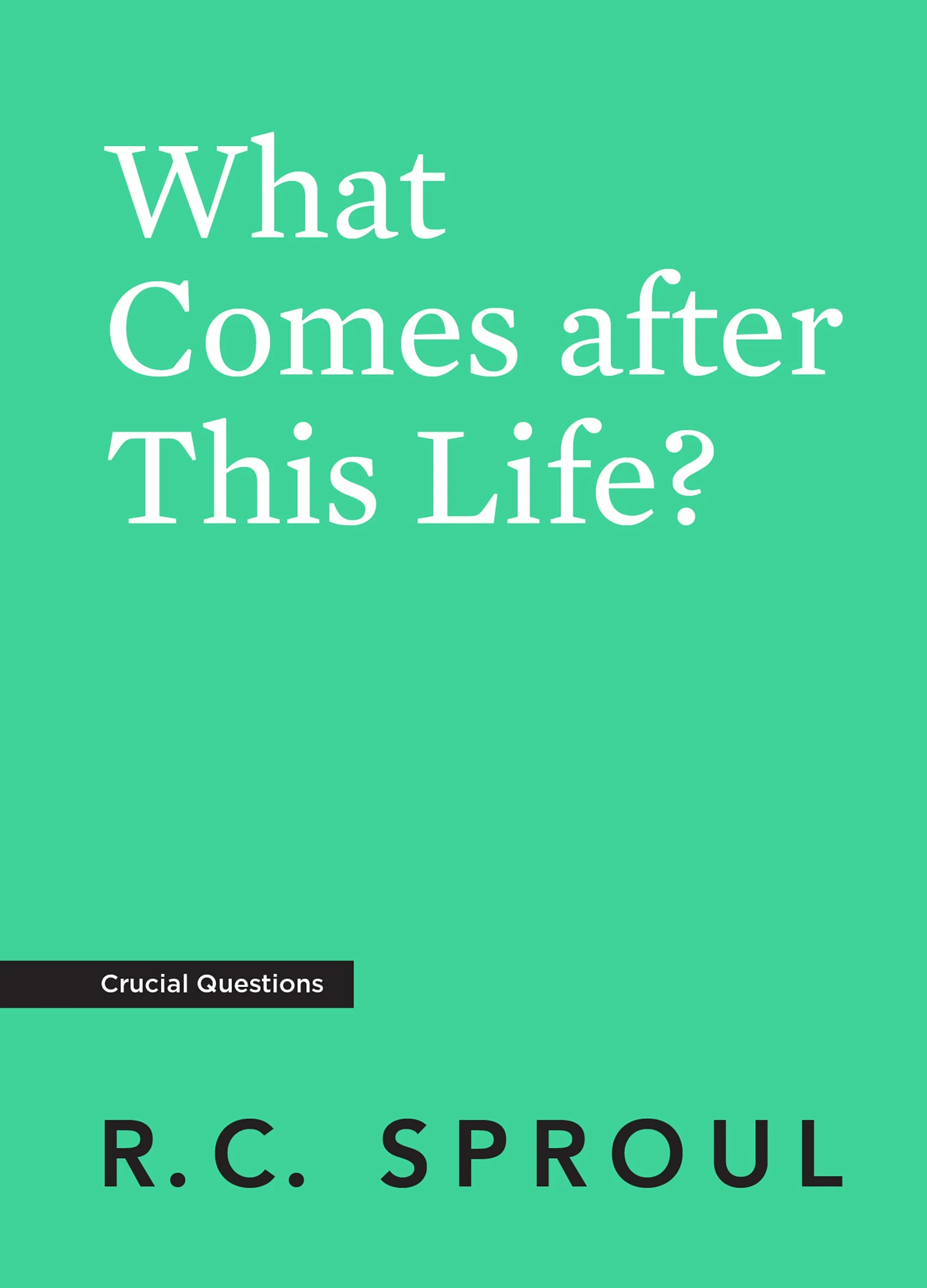Fear and Uncertainty

Death is the greatest problem human beings encounter. We may try to tuck thoughts of it away in the far corners of our minds, but we cannot completely erase our awareness of our mortality. We know that the specter of death awaits us.
The Apostle Paul writes:
Therefore, just as sin came into the world through one man, and death through sin, and so death spread to all men because all sinned—for sin indeed was in the world before the law was given, but sin is not counted where there is no law. Yet death reigned from Adam to Moses. (Rom. 5:12–14)
We see that there was sin even before the law was given through Moses, and this is proven by the fact that death occurred before the law was given. The fact of death proves the presence of sin, and the fact of sin proves the presence of law, which has been revealed inwardly to human beings from the beginning. Death came into the world as a direct result of sin.
The secular world views death as part of the natural order, whereas the Christian sees death as part of the fallen order; it was not the original state of man. Death came as God’s judgment for sin. From the beginning, all sin was a capital offense. God said to Adam and Eve, “You may surely eat of every tree of the garden, but of the tree of the knowledge of good and evil you shall not eat, for in the day that you eat of it you shall surely die” (Gen. 2:16–17). The death God warned about was not only spiritual but also physical death. Adam and Eve did not die physically the day they sinned; God granted them grace to live for some time longer before exacting the penalty. Nevertheless, they eventually perished from the earth.
The secular world views death as part of the natural order, whereas the Christian sees death as part of the fallen order; it was not the original state of man.
Every human being is a sinner and therefore has been sentenced to death. We are all waiting for the sentence to be carried out. The question then is what happens after death. For Christians, the penalty has been paid by Christ. This has implications for how we approach death. Paul was in prison when he wrote:
I know that through your prayers and the help of the Spirit of Jesus Christ this will turn out for my deliverance, as it is my eager expectation and hope that I will not be at all ashamed, but that with full courage now as always Christ will be honored in my body, whether by life or by death. For to me to live is Christ, and to die is gain. If I am to live in the flesh, that means fruitful labor for me. Yet which I shall choose I cannot tell. I am hard pressed between the two. My desire is to depart and be with Christ, for that is far better. But to remain in the flesh is more necessary on your account. (Phil. 1:19–24)
Many of us are staggered by Paul’s words in this text. Although we rejoice in Christ’s victory over the grave, we nevertheless fear death. Christians are not guaranteed exemption from a painful death. Nevertheless, the thought of death often brings fear for Christians and non-Christians alike. That fear is bound up with the question of what happens after death.
For the Christian, there is a promise from God, a promise that allowed Paul to say, “For to me to live is Christ, and to die is gain.” We are promised that we will enter the presence of God. But there are questions, even with this promise. What does heaven look like? Will we enjoy it? What will we do there? What will we be like?
For all the difficulties of this life, it is all we know. After all, even Paul did not denigrate this life. He said: “I am hard pressed between the two. My desire is to depart and be with Christ, for that is far better. But to remain in the flesh is more necessary on your account” (Phil. 1:23). Paul desired to continue his life on earth and especially his ministry, but he acknowledged that “to depart and be with Christ” is “far better.”
For non-Christians, the news is much less good. There is again a promise from God, but this time it is a promise of punishment, that God’s wrath against sin will be satisfied in those who do not trust in Christ. That punishment will happen in a place called hell, but again, there is uncertainty. What is hell like? What does the punishment involve? Is there any chance of escape from it? Is it just, or would it be more just for the wicked to simply be destroyed?
These are important questions, for we will all face death one day. Being consistent Christians means affirming the unflinching supernaturalism of the Bible, a supernaturalism that is anathema to the world today. We must have our worldview shaped by the Bible rather than by the unbelieving culture. As we do so, we will find hope—hope in the God who made us and who promises to bring us to heaven by the work of His Son and to spare us the pains of hell.


